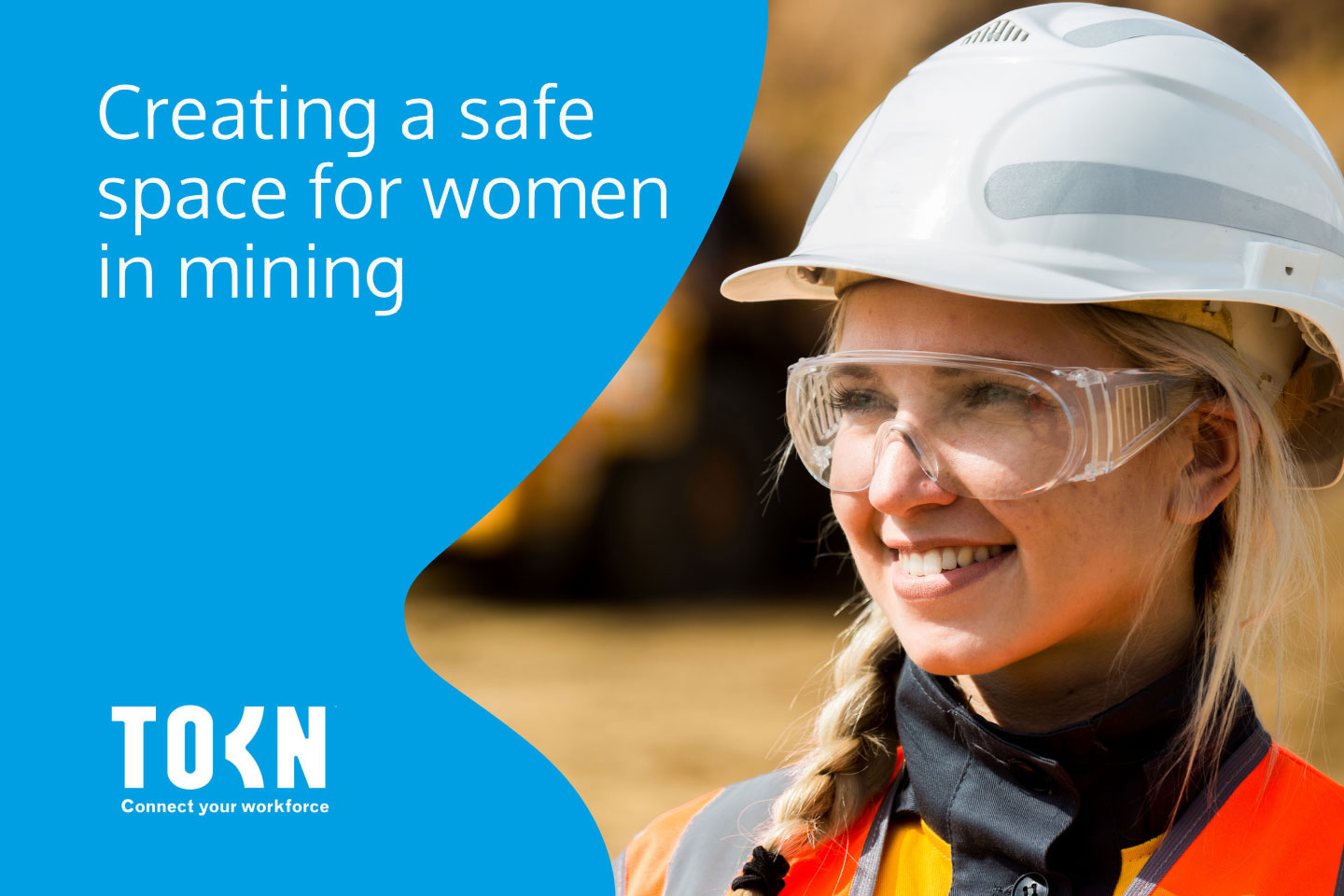

Traditionally the FIFO industry has been a male-dominated industry, but in recent times, more and more female workers have entered the front-line workforce. Statistics reveal that levels of harassment in this sector of the workplace remain high, with 74% of women in the mining industry experiencing some form of harassment, according to an Australian Human Rights Commission inquiry in 2020.
However, most incidents are still not reported accurately or reported at all, and as such, the statistics around sexual assault are often inaccurate.This may be due to a variety of reasons including fear of the impact it will have on their career should they report an incident, their reputation and relationships within that industry, or inaccurate reporting processes and technologies. This results in little being done to proactively close the gap around the awareness and understanding on this topic across such a remote workforce.
In June 2022, The Enough is Enough report was released. A key finding was that sexual harassment in FIFO workplaces is not understood as it is not transparent, stating, “The system still views cases of sexual harassment through the prism of physical workplace safety, where a 10 day lost time injury is required before reporting.”
WA Government’s Response
In response,the Federal Parliament has introduced new laws, holding employers accountable for eliminating harassment and discrimination at work. In addition to this, there will be seven further legislative changes implemented in the Anti-Discrimination and Human Rights Legislation Amendment (Respect at Work) Bill 2022.
Bill Johnston, the Mines and Petroleum, Energy, Corrective Services and Industrial Relations Minister made a statement in light of the new laws.
"I call on industry to ensure our mining sector is accountable and responsive to community standards,” he said.
"We need to work together to proactively build a culture of respect as women have a right to work in safe workplaces that are free from sexual harassment.”
Early next year, the State Government aims to introduce legislative reforms which include services that will provide victims of workplace sexual harassment the opportunity to share their experience and receive psychological support and healing.
Furthermore, a new Code of Practice will be developed to improve security measures for workers which will act as a minimum standard that employers must consider, ensuring the safety of their workers living both regionally or remotely.
“Technology can play a strong role in building a more inclusive and engaged culture on the front line,” said Clinton Shroeder, co-founder of TOKN Technology.
“Reading this, some of the things that come to mind here are that there is a strong need for flexible working arrangements while at the same time a need to maintain even more stringent privacy policies in the way we communicate.
“Gone are the days of separate home and work lines of communication and communication methods. Before, you had a home phone and a work phone. This is no longer the case. People use their own mobiles for all forms of communication and collaboration. Workers now expect to be able to communicate instantly and be kept up-to-date, on demand, and on whatever device they choose, while at the same time, not having to disclose any personal information like mobile numbers locations while doing so.”
Mr Schroeder suggests that much of the technology we use today is unable to fit this new working paradigm, and as a result, perhaps this creates a vacuum of insight into particular issues on site. Alternatively, perhaps overwhelmed by the volume of data points, managing internal and external stakeholders seamlessly and privately has become unfeasible.
“Either way, this is an opportunity to reimagine things for the future,” said Mr Schroeder.
“It is enabling us to reframe and accelerate our thinking around improving human relationships. In order to have a real impact on social responsibility, we have to start by focusing on this from the human point of view and then understand how the use of technology can improve worker safety, engagement and workplace culture.”
The TOKN solution
TOKN is constantly seeking ways to help businesses better manage and engage with their remote teams,
“Maintaining staff productivity and promoting an inclusive, socially responsible workplace are crucial to our customers,” said Kevin Venter of TOKN.
With TOKN’s digital tool, employees are kept informed about all the business’s issues that matter, in real time, while they are remote and far from teammates.
“We have some fantastic tools to help with collaboration, proactive learning and reporting on issues such as harassment,” said Mr Venter.
“Working in remote areas for long periods of time, it is crucial for employees to maintain open lines of communication, with the appropriate privacy. They also need to be alert and informed so that they are aware of how to identify and easily report inappropriate behaviour.”
In addition, the TOKN app contains real-time solutions for workplace safety that offer some exceptional capability to help build a safer workforce culture. Identifying Hazards and Incidents, Digital SWMS, JHAs, Take 5s, Safe Start, Site Diary, Safe Act Observation, Fatigue Management, Vehicle Inspections - and the list goes on. The app allows its users to risk assess and complete all their safety documentation fast and effectively in the palm of their hand - anywhere, anytime, while gathering more reliable information and data.













